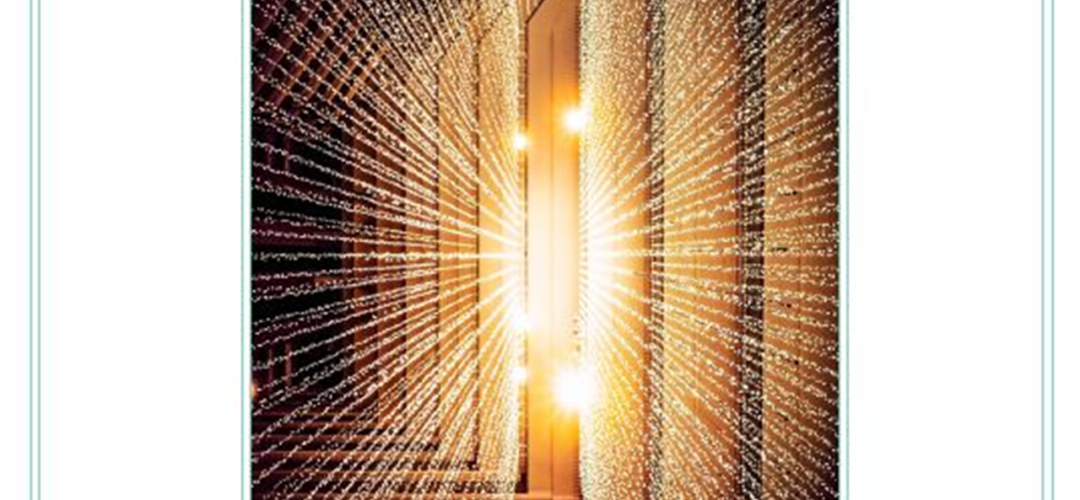A Win-Win for Social Impact: Rockefeller Philanthropy Advisors Releases New Guide on Prize Philanthropy
March 22, 2021 - By
NEW YORK- March 23, 2021– Rockefeller Philanthropy Advisors (RPA) today published Prize Philanthropy: Benefits, Challenges, and Winning Approaches, a guide for philanthropy on when and how a competition makes the most sense for driving impact, inspiring innovation, or recognizing achievement. The Guide’s release is especially timely today, as more donors are looking for ways to expand the landscape to include more diverse solutions and organizations to address urgent social and environmental challenges.
Prize Philanthropy: Benefits, Challenges, and Winning Approaches identifies scenarios in which prize philanthropy might be a beneficial approach for donors and describes best practices for approaching a competitive prize process, from how to publicize the competition, to leveraging community members, to implementing post-competition practices to deepen impact.
The competition is supported by Lever for Change, an affiliate of the John D. and Catherine T. MacArthur Foundation, which one of a dozen case studies featured in the Guide. Lever for Change helps to build the field of prize philanthropy in two ways. First, it designs and manages open competitions with a minimum award size of US $10 million. Second, through its Bold Solutions Network, it matches funders with the top performing proposals from across all its competitions, which it showcases on a searchable online database.
“Competition philanthropy today is an exciting and powerful tool for discovery and social change,” said Jeff Ubois, Vice President, Knowledge Management, Lever for Change. “As the model evolves and matures, more funders are able to build new partnerships to strengthen their philanthropic portfolios.”
Other case studies chronicle place-based solutions, various sectors, and other differentials. For instance, the Guide profiles the US $10 Million Chicago Prize. Designed by the Pritzker Traubert Foundation, that prize aims to identify a compelling community-led development initiative that benefits residents of Chicago’s South or West sides, areas where disinvestment has led to social and economic disadvantage.
A feature on The Templeton Prize demonstrates the evolution of a more than 50-year-old standard bearer. This global recognition awards an individual for a lifetime of achievement and has previously honored Mother Theresa and Reverend Desmond Tutu. As it continuously works to improve the process, the Templeton Prize recently updated its nomination process to be more transparent and to produce a more diverse candidate pool for its award.
“Many donors don’t realize the multiple benefits and unique value that can result from executing a thoughtful philanthropic competition,” said Renée Karibi-Whyte, Vice President, Rockefeller Philanthropy Advisors, and co-author of the report. “With proper planning and support, prize philanthropy—whether inducement or recognition-based—can be an extremely rewarding approach for donors looking to engage more diverse voices and expand their impact.”
The guide also cautions philanthropists on the various considerations and challenges that come with leading a competition. While prize philanthropy offers many benefits, it is not suited for all donors or projects. Importantly, donors should carefully consider whether prize philanthropy will further their overall strategic goals, and if so, what steps they can take to engage in it without overburdening their team with the administrative and other demands.
To learn more and download the guide click here.
Back to News